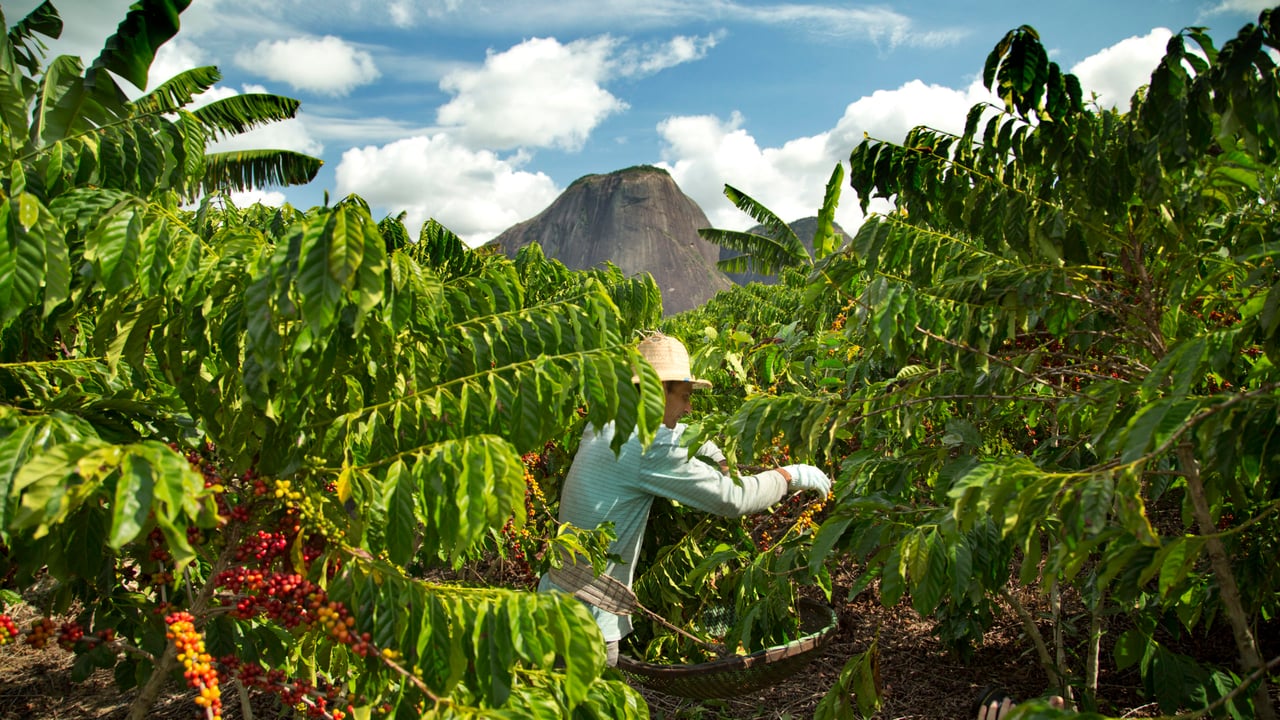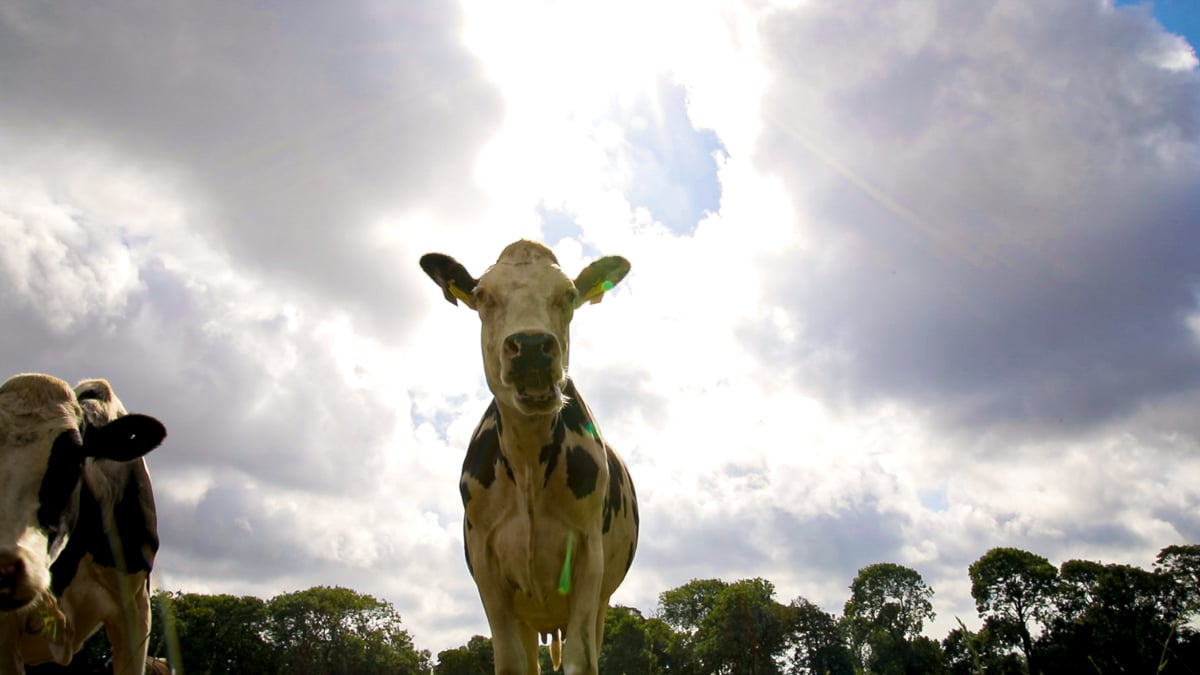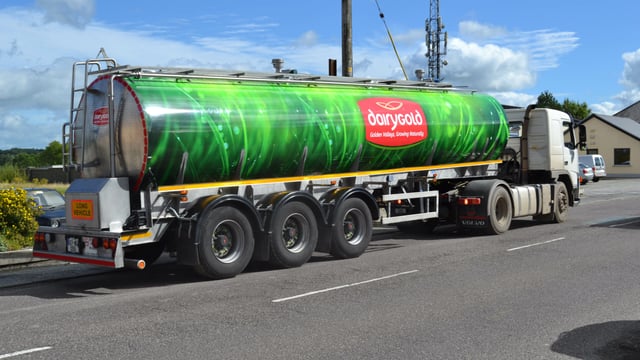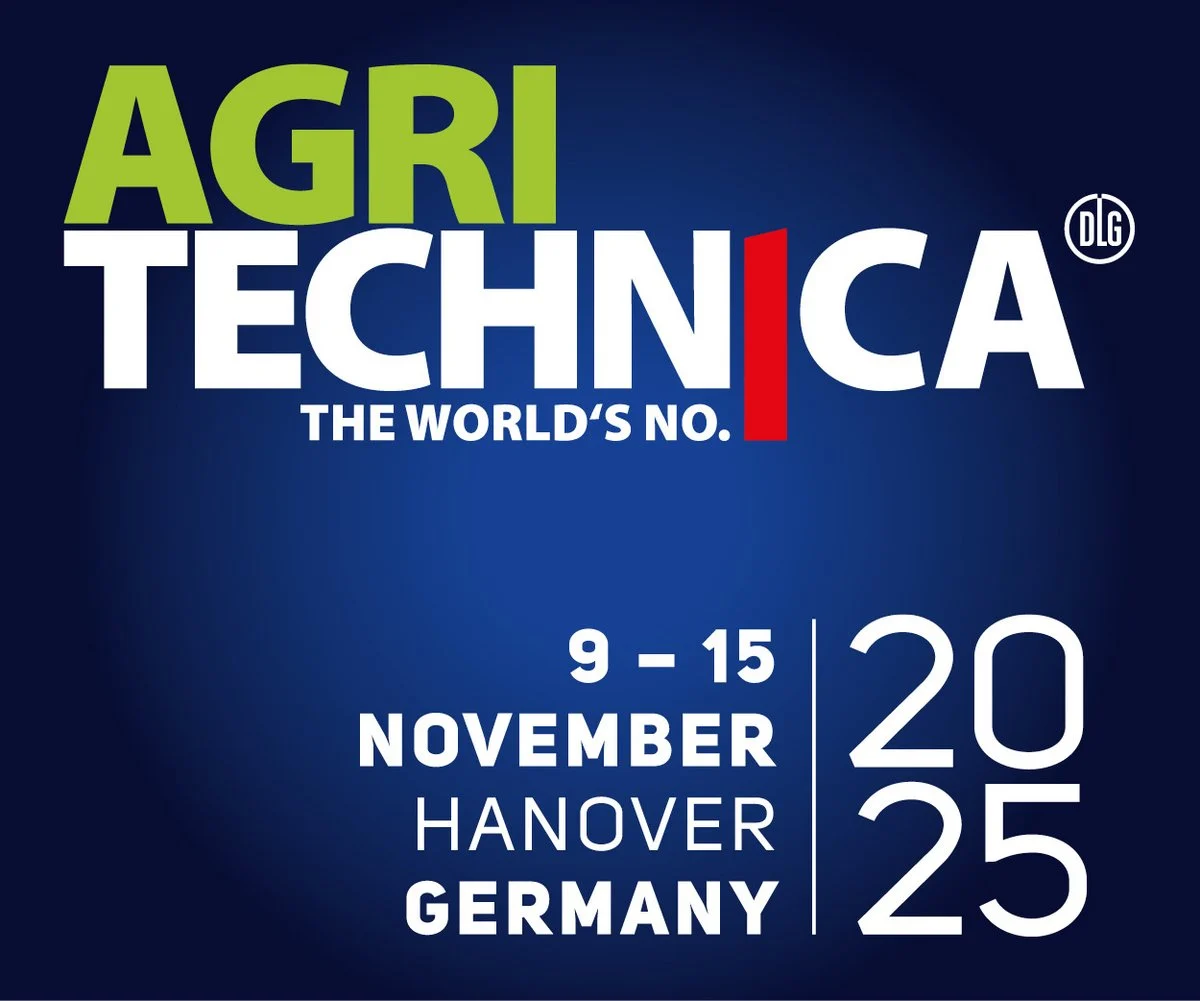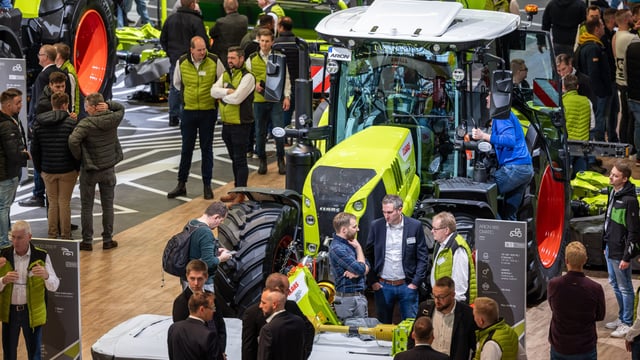Nestle unveils plans to reduce emissions and support farmer education
Nestle is laying out its plans to support and accelerate the transition to a regenerative food system with the aim of protecting and restoring the environment, improving the livelihoods of farmers and enhancing the wellbeing of farming communities.
Nestle has said it will work with its food system partners, including the company’s network of 500,000 farmers and 150,000 suppliers, to advance regenerative farming practices.
As part of the plan, the company will also begin new programmes to help address the social and economic challenges of the transition.
The announcement is being made in the lead up to the UN Food Systems Summit in New York next week, as part of Nestle’s contribution to help achieve the Sustainable Development Goals (SDGs) by 2030.
It also follows the recent report from the United Nations’ Intergovernmental Panel on Climate Change (IPCC) that shows the climate crisis is intensifying.
Chairman of Nestle, Paul Bulcke said: "We know that regenerative agriculture plays a critical role in improving soil health, restoring water cycles and increasing biodiversity for the long-term.
“These outcomes form the foundation of sustainable food production and, crucially, also contribute to achieving our ambitious climate targets.”
Nestle is a signatory of the UN Business Ambition for 1.5°C pledge. The company is taking measures to halve its emissions by 2030 and achieve net zero by 2050.
Mark Schneider, Nestle CEO added: “With our long-standing partnerships with farming communities globally, we want to increase our support for farming practices that are good for the environment and good for people.
Nestle is investing over one billion euro over the next five years to spark regenerative agriculture across the company's supply chain.
The company plans to do this using three approaches, to help farmers adopt regenerative practices.
This week (September 16), Nestle published the regenerative farming practices that the company wants to promote.
They include, among others: Enhancement of biodiversity; soil conservation; regeneration of water cycles; and integration of livestock.
Agriculture accounts for nearly two-thirds of Nestle's total greenhouse gas (GHG) emissions, with dairy livestock making up about half of that.
In dairy, Nestle is assessing cutting edge science and technology to reduce emissions at farm level.
The company will start working with 30 reference dairy farms in 12 countries to test scalable, climate-friendly and regenerative agricultural practices that help achieve net zero GHG emissions.
According to Nestle, regenerative agriculture contributes to a regenerative food system, which should be fair and transparent for all participants.
Nestle has said that it will implement new living income programmes for farmers in its value chain to make farming more attractive.
To support young people who are passionate about farming, Nestle is launching a new training platform in November to attract and train the next generation of farmers.
The training will focus on regenerative agriculture practices and improving the resilience of farms to climate change for more than 40,000 farmers participating in one of Nestle’s agripreneurship programs.

